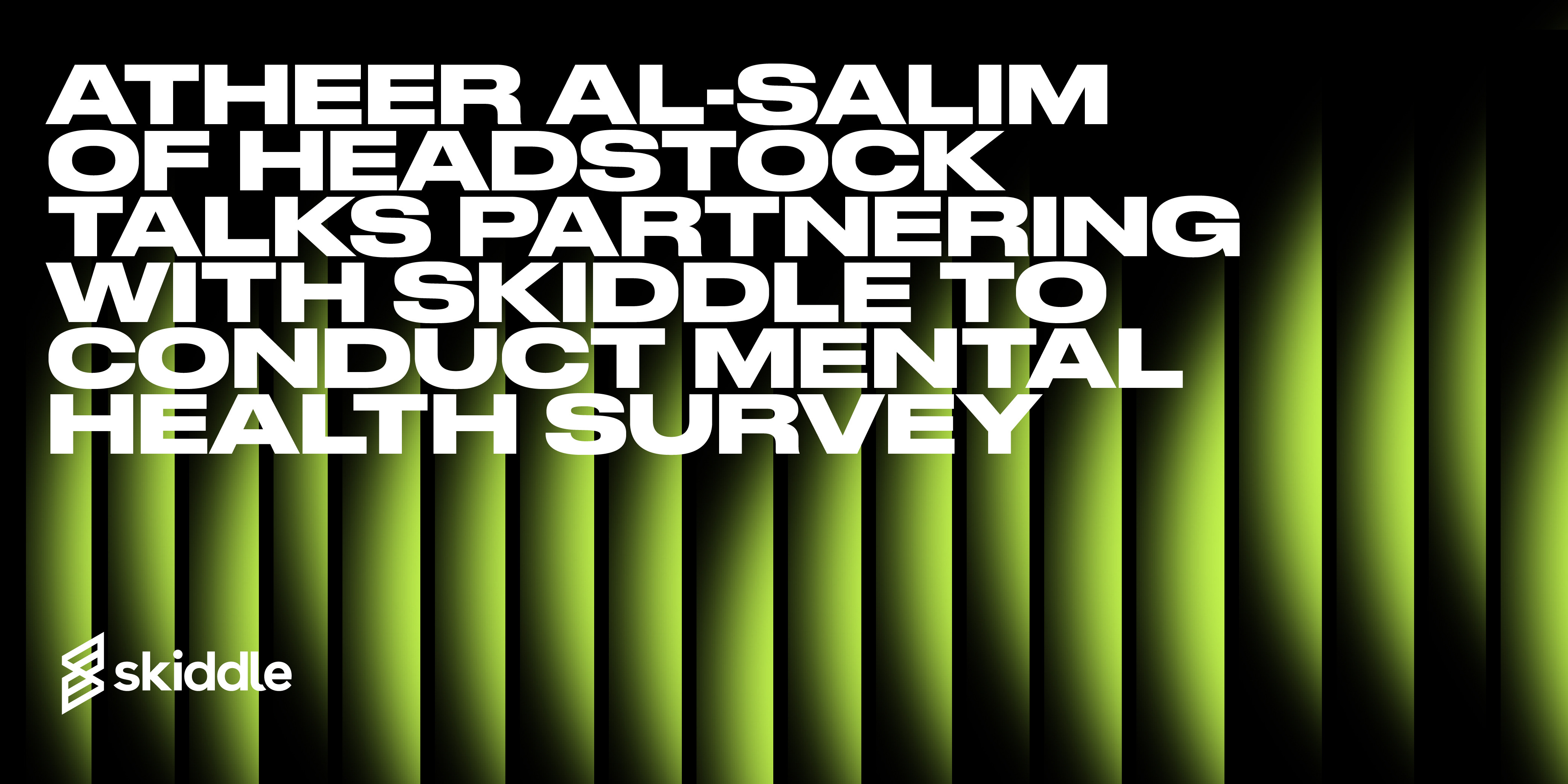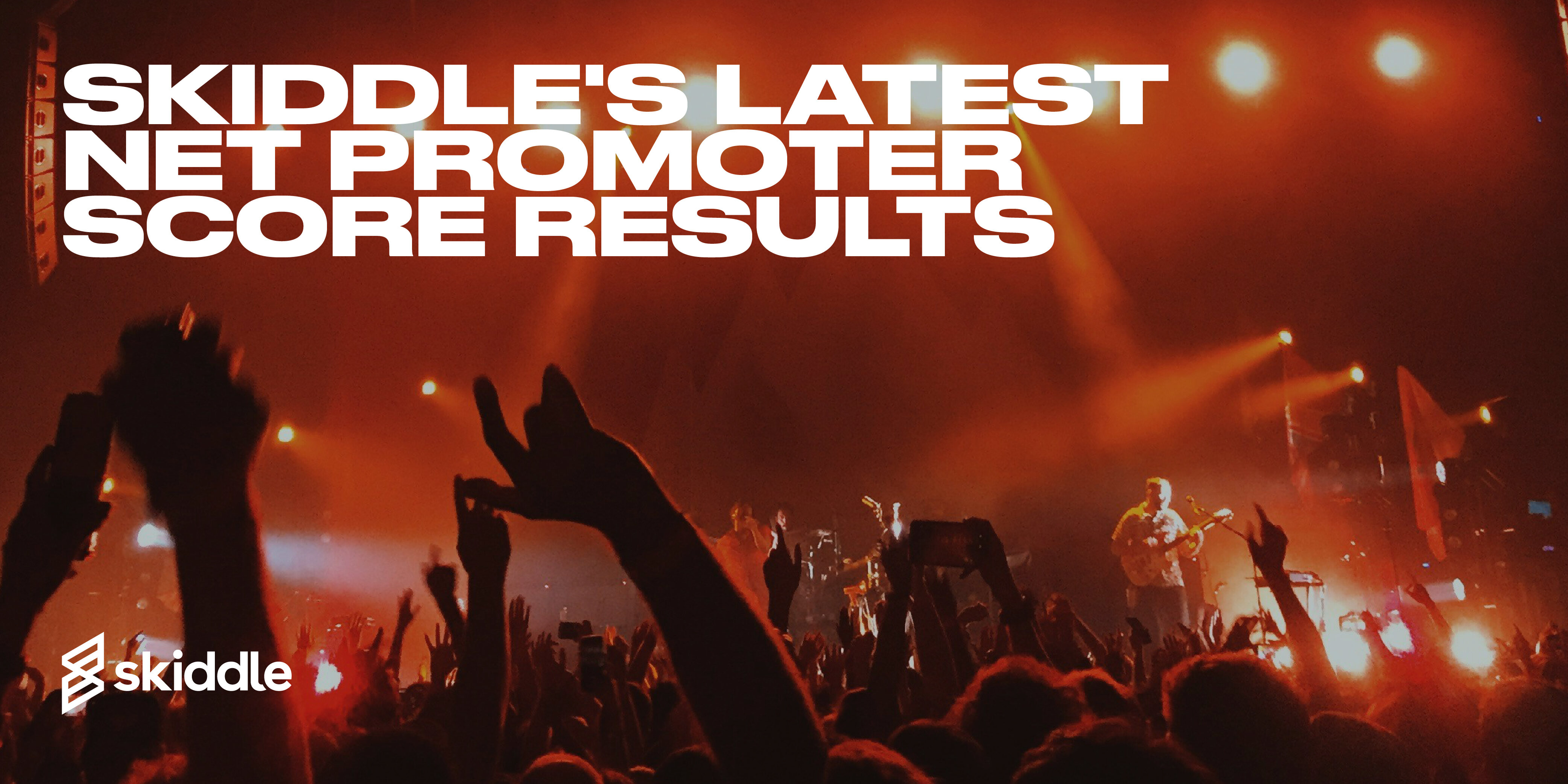- Event Promotion Tips
Managing your budget, setting ticket prices and combating overspending for your festival
-
By Ryan Moss
- 24 Feb 2023
- 8 min read

Does money make the world go round? We’d probably need all day to consider that. Ideas, passion and creativity fuel the events industry; however, it’s a cold, hard fact that without a sizeable budget, it can be tricky to bring these things to life.
We get it: spreadsheets, calculations and invoices can be a head-spinning prospect. The numbers game colours the mind of a dreamer with a dash of pragmatism. But it’s a crucial part of the promoter’s work, and managing finances can help build a long-standing, sustainable event.
After all, many events have flunked the cost projection and disappeared into the ether. So, if you’re planning on organising a festival, you want to ensure that financial planning is watertight. You’ll thank your past self when you see all your attendees having a great time and the music is ringing from the speakers.
We’ve put some tips together to help you manage budgets and more. Scroll down to discover them.
Start with the non-negotiables of your budget
Every aspect of a festival is essential. However, without some things, the whole event will fall apart. If you haven’t got a stage, you haven’t got an event. So, when you’re putting together your budget, start with the non-negotiables.
This includes site or venue hire, sound systems, stages, catering, performers, energy and staff costs. These are called fixed costs. Things in your budget that won’t change in price depending on the number of customers.

It’s a balancing act. While it might be tempting to book all your favourite performers, allocating a chunk of your budget to this area will undoubtedly leave you light in others. After all, the quality of the setting will affect the customer experience. The power of a great performer will diminish if an attendee can’t relax.
Once you’ve allocated funds for fixed costs, transfer them to a spreadsheet. It’s a simple thing, but it will help you keep track of the money you’re spending. That’ll help combat overspending. Once you’ve done this, you can move on to variable costs.
Consider variables and plan for the unexpected
Variable costs are things that will change in price depending on how many people attend. So, while catering, energy and staff costs are non-negotiable, the cost and amount you need depend on how many customers you have.
Having an idea of how your variable costs will look is crucial. They’ll help you set ticket prices later on and combat overspending. If you’re running a festival with fewer attendees, you won’t need to spend as much in certain places.
Then, there’s the unexpected. Like any event, it’s unavoidable. But the trick is to prepare for it. That’s where a rainy day fund comes in. The money you save from areas where you don’t have to spend as much could contribute to this. Of course, we understand it can be challenging. So, if you can’t access a rainy day fund, try to plan for a few scenarios that might happen.
If you have a plan, you’ll be able to move funds in your budget around easier and mitigate some of the stress that comes with unexpected scenarios in all stages of the event lifecycle.
Where in your budget can you save?
As we mentioned earlier, there will be areas where you can save. It might be on your marketing. Printed tickets can cost money, and so can flyers.
Why not go fully digital? You allocate some of your budget to hire a designer. This way, you’ll have someone with the expertise to bring the look of your festival to life.

Committing to a paperless strategy is more sustainable but makes entry more efficient. No matter the size of your festival, you want to ensure people are in and out quickly. Long waiting times can damage the reputation of an event, and apps like RapidScan can scan tickets within seconds.
Explore sponsorship opportunities
Sponsorships can help both parties. If you charge another company a sponsorship fee in return for naming a stage, that can go into your overall budget and help with running costs.
Try to find sponsors that align with your event. For example, if you have a stage dedicated to electronic music, partnering with a music hardware company is a good match. In return, they might be able to provide equipment for the event.
Looking local helps, too. Reputable businesses in the area could donate funds and provide catering, which can strengthen both brands. When local companies collaborate, they share each other’s audience and customer base.
To find out more about securing sponsorships, check out our article here. It’s written with club nights in mind, but the advice is transferable for any promoter looking to gain sponsorships and brand partnerships.
Setting ticket prices
Determining your ticket prices is pivotal to the event. Too expensive? You’ll turn away customers. Too low? You won’t make a profit. Attendees make your event what it is and making money ensures you can keep afloat.
You’ve got a few options. Some event organisers opt to research their competitors, setting their ticket prices based on other events in the field.
It can work as a guideline, but be mindful. You’ll be making lots of estimations, and you won’t have the most accurate data on ticket sales. An event can sell out, but the promoter will only have the data that accounts for people who didn’t turn up or left early.

Value-based pricing can work, too. This looks at what the customer thinks they will get from your event, the price of the actual ticket and the per-ticket cost of organising the event. Calculate the total of your fixed and variable costs, figure out how many people you expect to attend, and then divide those two numbers. The total will give you the ticket price.
From there, you can start to determine early-bird discounts and tiered tickets. This is how you can communicate the value of your event to potential attendees, taking advantage of scarcity with a lower allocation.
Got a question you need an answer to? Give us a call on 03333010301 or ask us a question over on the Skiddle Promoter Twitter account by clicking or tapping on the button below. Alternatively, you can also find a list of our most frequently asked questions over at https://help.promotioncentre.co.uk/
















